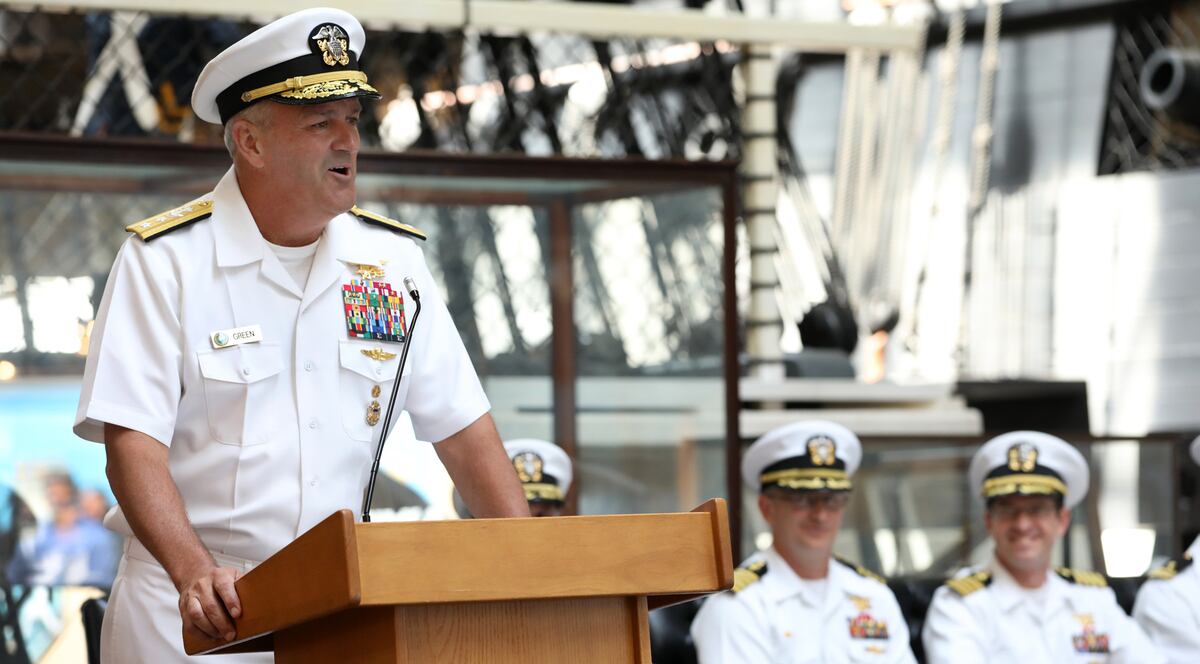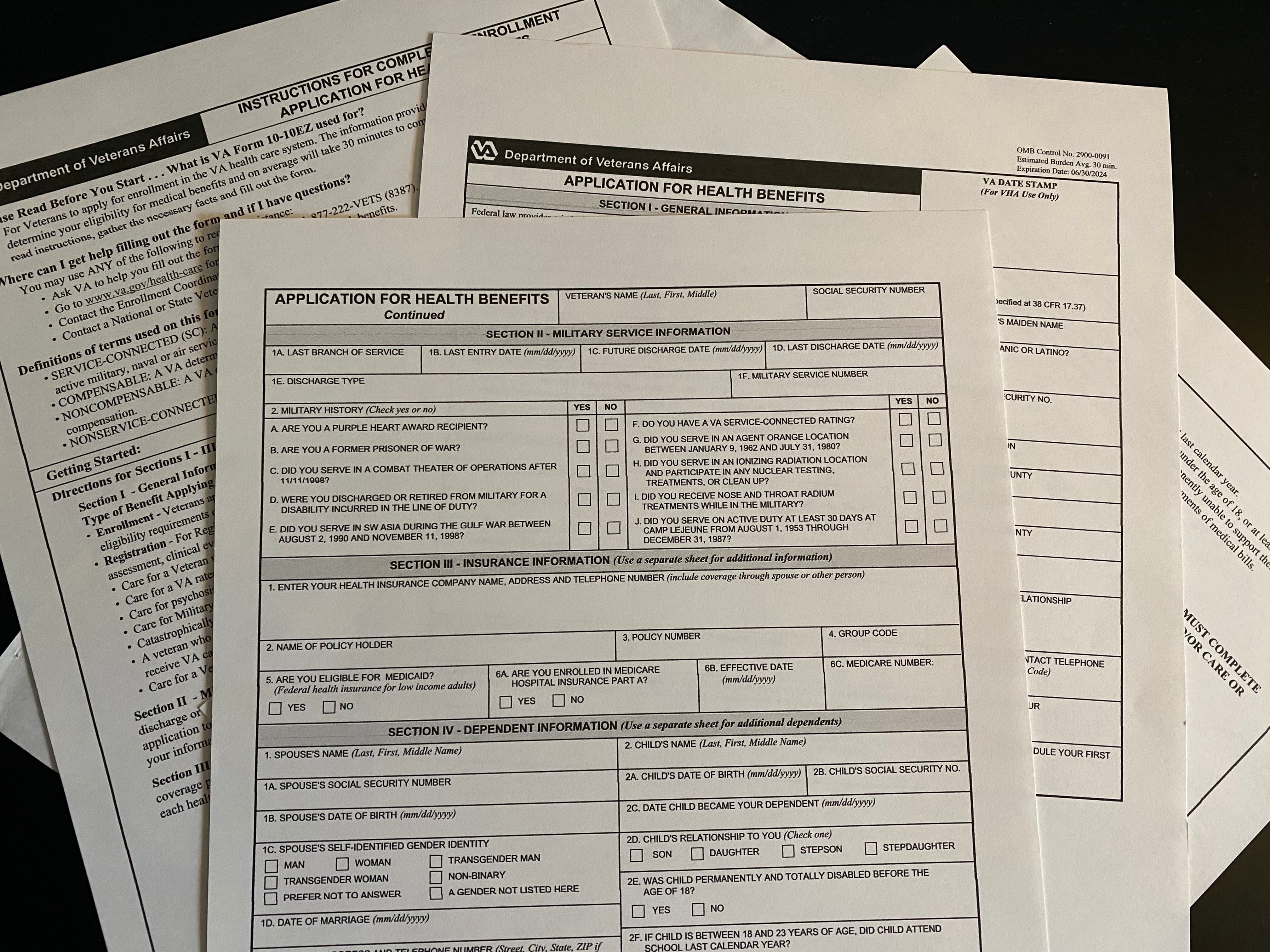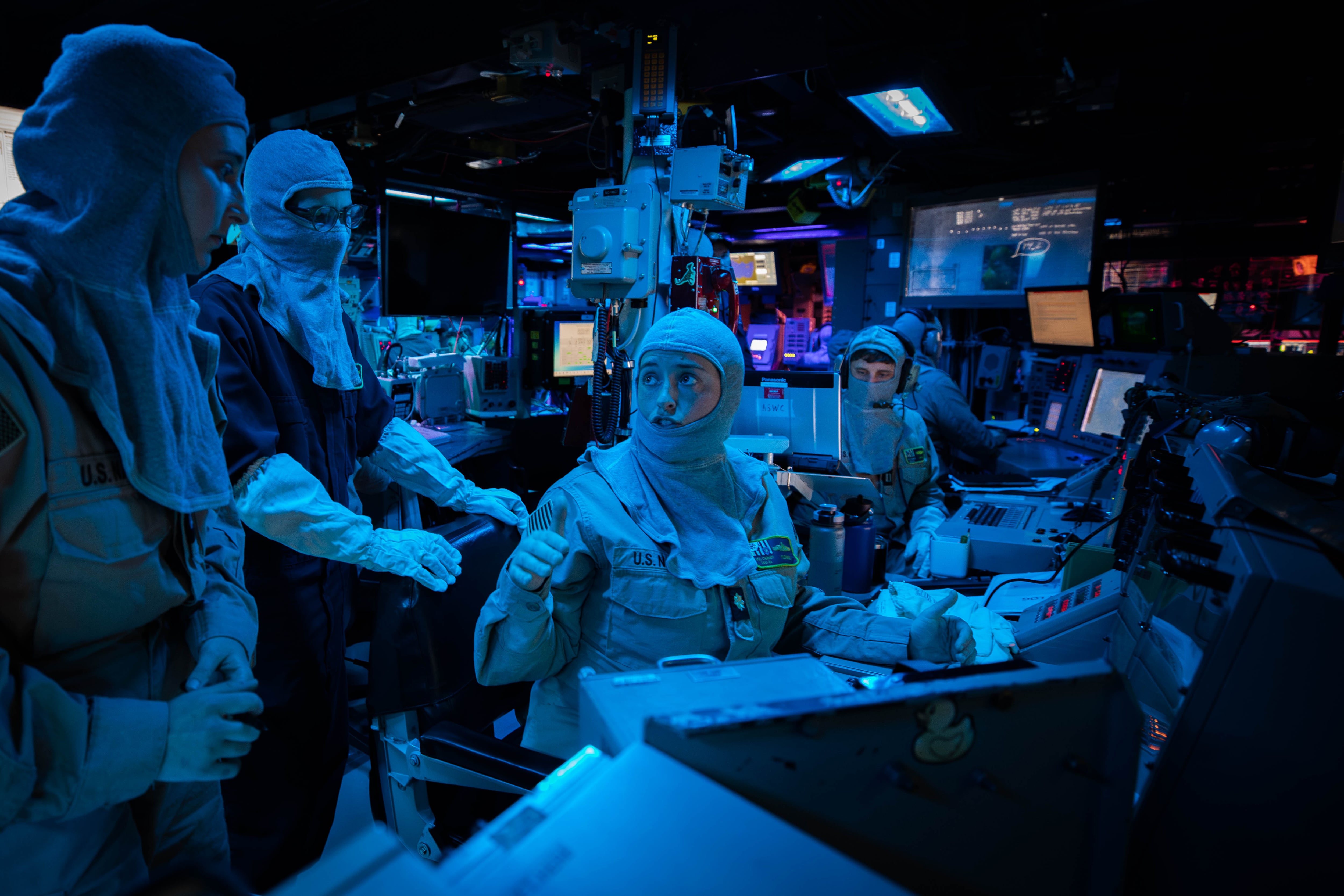Stung by a string of scandals starring SEALs behaving badly, Naval Special Warfare commander Rear Adm. Collin Green on Tuesday issued a four-page “back to basics” directive designed to shore up shoddy conduct, restore moral accountability and create better leaders.
Released to senior leaders and then obtained by Navy Times, Green’s guidance returns the SEAL and boat teams to standards expected of service members across the fleet, with a mandate for leaders to conduct “routine inspections of your units and strictly enforce all Navy grooming and uniform standards, including adherence to all Navy traditions, customs and ceremonies.”
Within popular culture, SEALs often are depicted as bearded commandos with a shaggy pirate bravado but Green’s memo echoes former Chief of Naval Operations Adm. John Richardson’s May advice to the sea service’s leaders, telling them that they will be judged by the character and performance of their teams.
Green’s guidance clearly puts character first and adopts steps that will anchor SEALs not only to their own storied history but to the larger institution of the Navy.
Commanders will inspect their officers and sailors during uniform shifts, establish “weekly battle rhythm events” to include quarters, unit physical training and zone inspections, with Green personally holding leaders “accountable for all substandard issues related to your personnel on and off duty.”
“We are U.S. Naval Officers and Sailors first and foremost and we will realign ourselves to these standards immediately,” the WARCOM boss wrote.
That was merely one reform in a series of ordered changes Green identified in his “Call to Action” memo, an extraordinary document that Green conceded was triggered by a force that “has drifted from our Navy core values of Honor, Courage and Commitment” and an ethos “due to a lack of action at all levels of Leadership.”
Without quantifying their numbers, Green told his subordinates that “a portion of this Force is ethically misaligned” with traditional SEAL culture because of those “who fail to correct this behavior” and instead “prioritize this misalignment over the loyalty to Navy and Nation.”
“This drift ends now,” Green said.
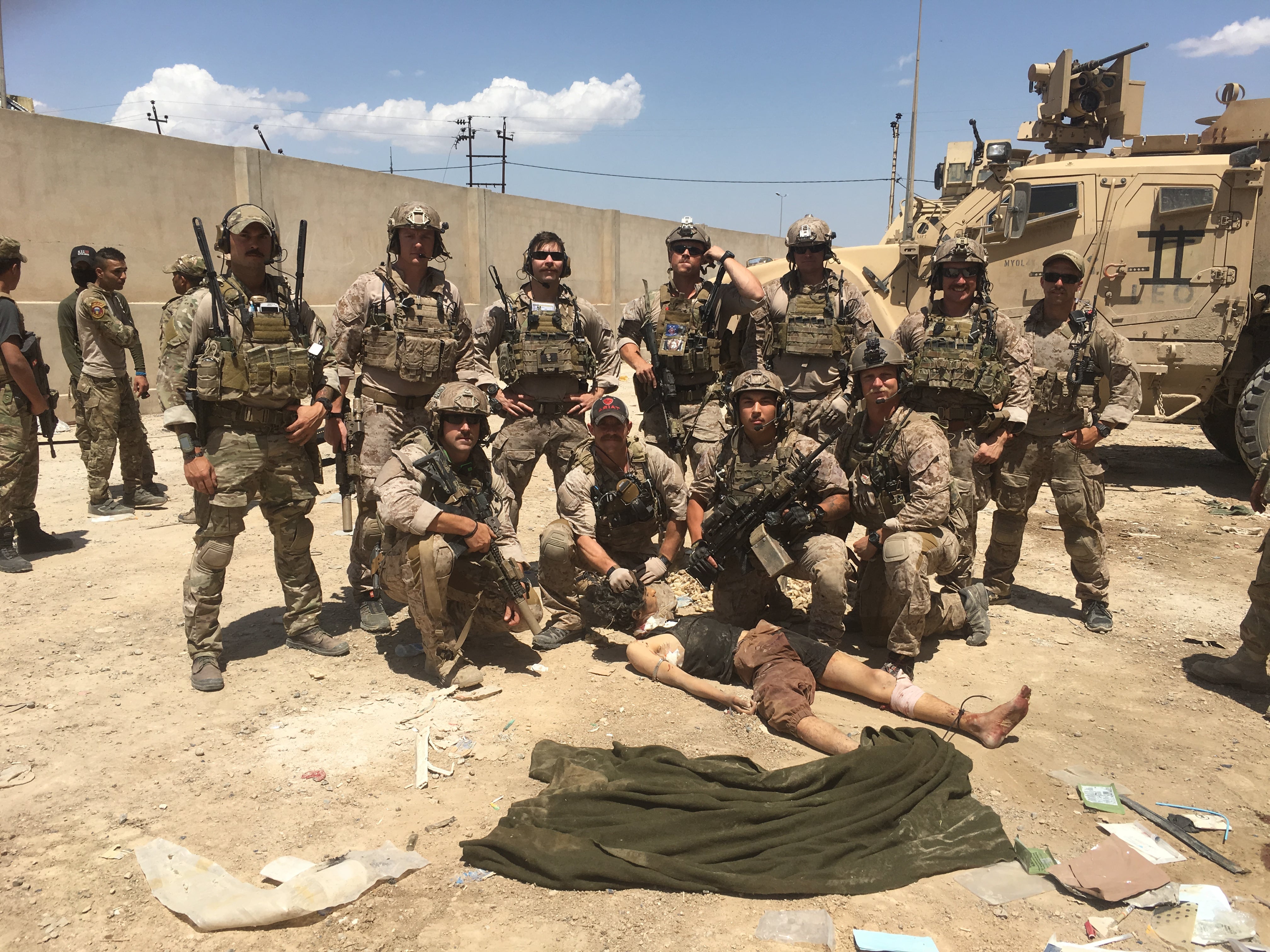
Green recently completed a review that explored potential ethical, health and cultural problems dogging a special operations force that’s consistently rotated overseas since the Sept. 11, 2001 attacks. However, leaders at U.S. Special Operations Command two weeks ago demanded he submit a second version following more glum headlines about his SEALs.
Following a boozy July 4th party in Iraq, SOCOM superiors booted Foxtrot Platoon, SEAL Team 7, back to Naval Base Coronado, with ongoing investigations for sexual assault, fraternization and other allegations of misconduct trailing in their wake.
Prosecutors also say a pair of Navy SEALs are linked to the June 4, 2017, death of Army Special Forces Staff Sgt. Logan Melgar at his residence in Bamako, Mali.
Throughout August, admirals have dismissed five prosecutions involving SEALs linked to either war crimes or their cover up in Iraq and Afghanistan, including the botched court-martial of Special Warfare Operator Chief Edward “Eddie” Gallagher.
A military panel of his peers cleared the SEAL of murdering an Islamic State prisoner of war, obstruction of justice and other serious specifications, finding him guilty only of the minor charge of posing with the dead detainee’s body.
Although other SEALs posed with him, they weren’t charged and the investigation and trial of Gallagher were dogged with allegations of misconduct by Naval Special Warfare leaders, prosecutors and Naval Criminal Investigative Service agents.
And before they were caught last year, several SEAL Team 10 special warfare operators snorted cocaine or spiked their drinks with the banned substance, often defeating military drug tests they termed “a joke,” according to an internal investigation obtained by Navy Times.
There’s also the ongoing prosecution of Special Operator 1st Class Aaron Howard for allegedly using chat messages to catfish three women, who sent him racy photos.
The military judge in his case has determined that it appears SEAL Team 6 leaders wielded unlawful command influence to deny him a fair hearing but prosecutors are expected to file a rebuttal to the ruling.
RELATED

Those scandals form the backdrop to Green’s efforts, which are both broad in their goals and, at times, detailed in their execution.
For example, Green’s memo reveals that he’s moved to quash the proliferation of all “unofficial unit insignia” below the troop level. From now on, the only logos, patches and slogans authorized are those “that have been formally processed and approved” in accordance with Navy regs at the team level.
Green ordered unit leaders to submit to him personally a “First Flag” format for all reports about chief petty officers and above accused of misconduct. That form typically is used to highlight sexual assault cases, so it telegraphs the seriousness he sees potential wrongdoing by non-commissioned and commissioned leaders.
“I reserve the right to withhold all Non-Judicial Punishment authority for those reports at my level as I deem appropriate,” he warned.
By Sept. 20, Green will be able to monitor all disciplinary cases in all ranks with a special tracker, updated quarterly by the teams.
RELATED
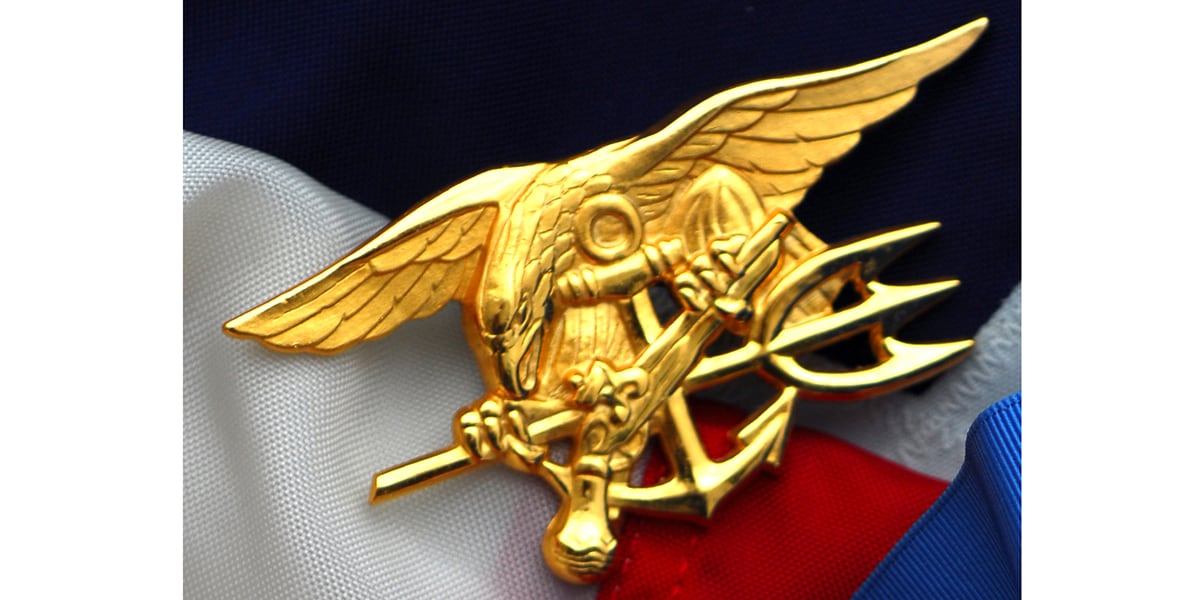
SEAL platoons now will grow “only after we have groomed a sufficient inventory of leadership teams that have been adequately trained, certified and possess the highest standards of character and competence to fill the additional leadership positions in the tactical formations,” wrote Green, adding that his units now “will only grow at the pace of excellence," with an emphasis of “quality over quantity.”
Part of a larger force optimization blueprint that proposes to increase the number of platoons in a squadron, Green’s guidance would halt the expansion for some troops until leaders can prove they’ve put the right people in place and they’ve been properly trained for the mission.
Partly, that will be accomplished by the creation of a “Leadership Development Program” designed to sculpt “ethical development” throughout a career, with peer evaluations built into the initiative, plus a formal “Navy Legal Education” system beginning at the platoon leadership level, according to the memo.
It builds on the mentoring approach SEAL candidates see during their rigorous Basic Underwater Demolition/SEAL training and Green sees it as professionally and morally scaffolding careers, so that sailors and their officers are consistently groomed and graded to grow within a community of special operators, not merely to hurdle professional milestones.
All leading petty officer and chief selections now will be guided by formal advancement boards, similar to officer milestone promotion boards, Green indicated.
He also demanded that only “top performers” be placed in instructor and leadership roles in training billets that teach ethical conduct.
“You will only allow your best to train and mentor our Force,” he said.
That will be tracked after commanders create “grading criteria for performance of key leaders and units” during the standard 18-month training cycle.
RELATED
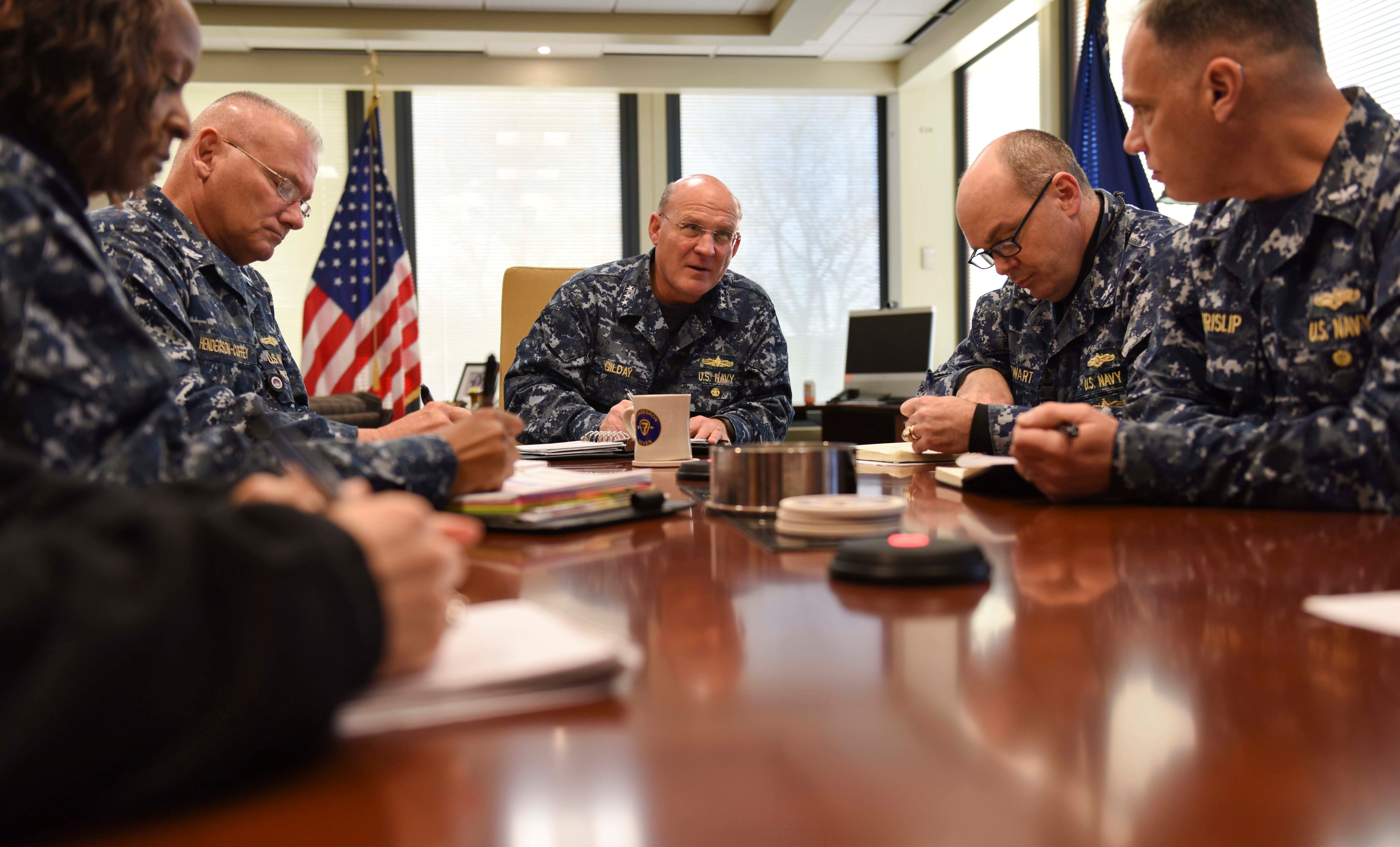
Although Green publicly has expressed growing concerns about a SEAL force hit by a high tempo of counter-terrorism operations overseas and other pressures placed on a small and elite combat force, his directive only tangentially tackles those issues.
Within two months of a change of command ceremony, however, new leaders must conduct an offsite session with their subordinates to explore the “culture, ethics, accountability and good order and discipline” of the units, Green wrote.
Captains leading Green’s teams also will begin “intrusive leadership and oversight on ALL Command Navy Programs," according to his memo.
Special scrutiny will fall on personnel assigned as program managers for the Sexual Assault Prevention and Response Program, Drug and Alcohol Program Advisor, Command Urinalysis, Command Managed Equal Opportunity, Suicide Prevention and the Equipment Accountability and Managers’ Internal Control Program.
A biweekly “Tone of the Force” commander’s assessment also will go to Green, backed up with data culled from the programs.
Leaders are expected to reach out to Green’s command staff to schedule “assist visits for areas of weakness,” Green added.
“We are a family that values ownership and accountability of our actions,” he wrote. “We value the aggressive introspective study of our mistakes required to turn our weaknesses to strengths. We will be strong in character, strong in accountability, strong in moral and ethical foundations, and strong in leadership.”
Prine came to Navy Times after stints at the San Diego Union-Tribune and Pittsburgh Tribune-Review. He served in the Marine Corps and the Pennsylvania Army National Guard. His awards include the Joseph Galloway Award for Distinguished Reporting on the military, a first prize from Investigative Reporters & Editors and the Combat Infantryman Badge.
